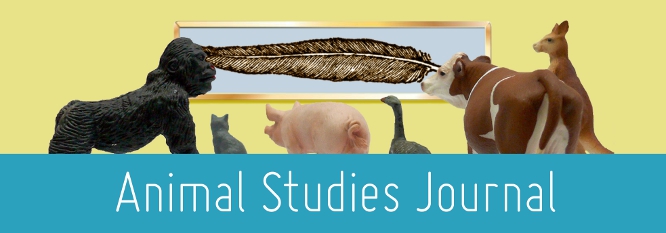Home > assh > ASJ > Vol. 12 (2023) > No. 1

Abstract
Riverside County, California is home to several hundred free-roaming burros (donkeys) who frequent the open spaces surrounding and between the cities of Riverside, Moreno Valley, Loma Linda, and Redlands, as well as the public parks, private properties, residential developments and roadsides in these towns. Tales of more-than-human belonging (and not-belonging) in Riverside County render visible how multispecies places are mediated by infrastructures of consumption and infrastructures of reciprocity. Where infrastructures of consumption generate callousness, infrastructures of reciprocity sustain responsibility. We investigate these dynamics by tracing how two geographically close but infrastructurally distinctive spaces frequented by the area’s wild burros are storied. The semi-rural Reche Canyon Road connects California Highway 60 and the City of Moreno Valley to Riverside and San Bernardino County communities to the north. Burros who inhabit the canyon as their home range must contend with automobiles traveling at highway speeds and are frequently injured or killed there. The road’s design makes neither space nor time for the burros. In this setting, interspecies relationalities are embedded in, and curtailed by, the mundane violence of “roadkill” and its associated narratives of victimhood and tragedy. Infrastructural violence subsides notably in residential neighborhoods of the City of Moreno Valley frequented by the burros. How people and donkeys co-inhabit these neigborhoods is consistent with non-dualist practices of mutual accommodation theorized in multispecies urbanism literature. Here, more reciprocal infrastructures decelerate human and nonhuman animal mobilities, making both space and time for the emergence of more convivial patterns of multispecies cohabitation.
Recommended Citation
Hunold, Christian and Britton, Jennifer L., 'Pooped in my yard and ate my grass last night': Wild burros and tales of belonging in Riverside County, California, Animal Studies Journal, 12(1), 2023, 1-32.Available at:https://ro.uow.edu.au/asj/vol12/iss1/2
Included in
Agricultural and Resource Economics Commons, Art and Design Commons, Art Practice Commons, Australian Studies Commons, Communication Commons, Creative Writing Commons, Digital Humanities Commons, Education Commons, English Language and Literature Commons, Feminist, Gender, and Sexuality Studies Commons, Film and Media Studies Commons, Fine Arts Commons, Legal Studies Commons, Linguistics Commons, Philosophy Commons, Political Science Commons, Public Health Commons, Race, Ethnicity and Post-Colonial Studies Commons, Sociology Commons, Theatre and Performance Studies Commons

